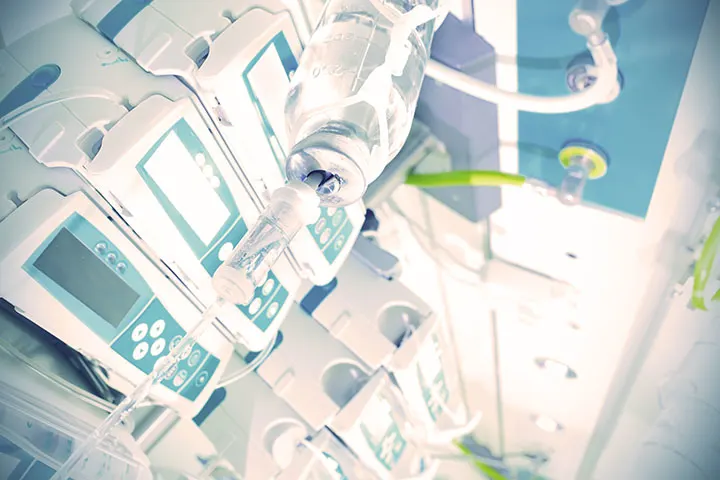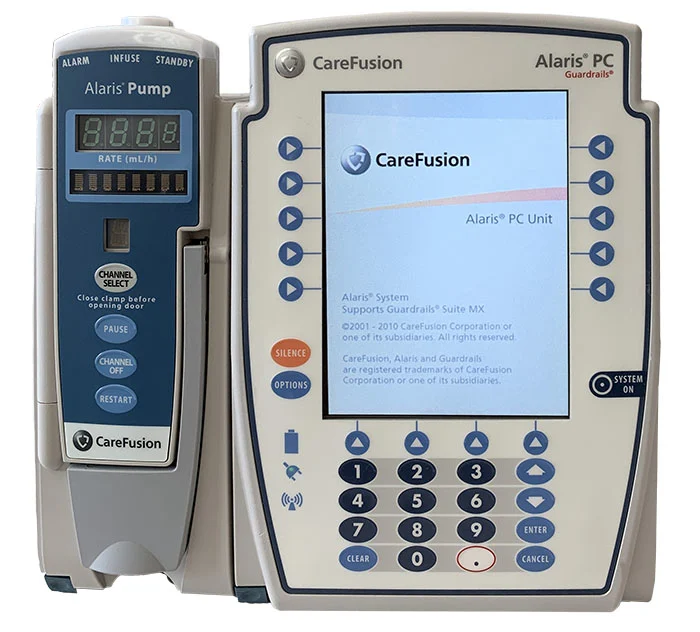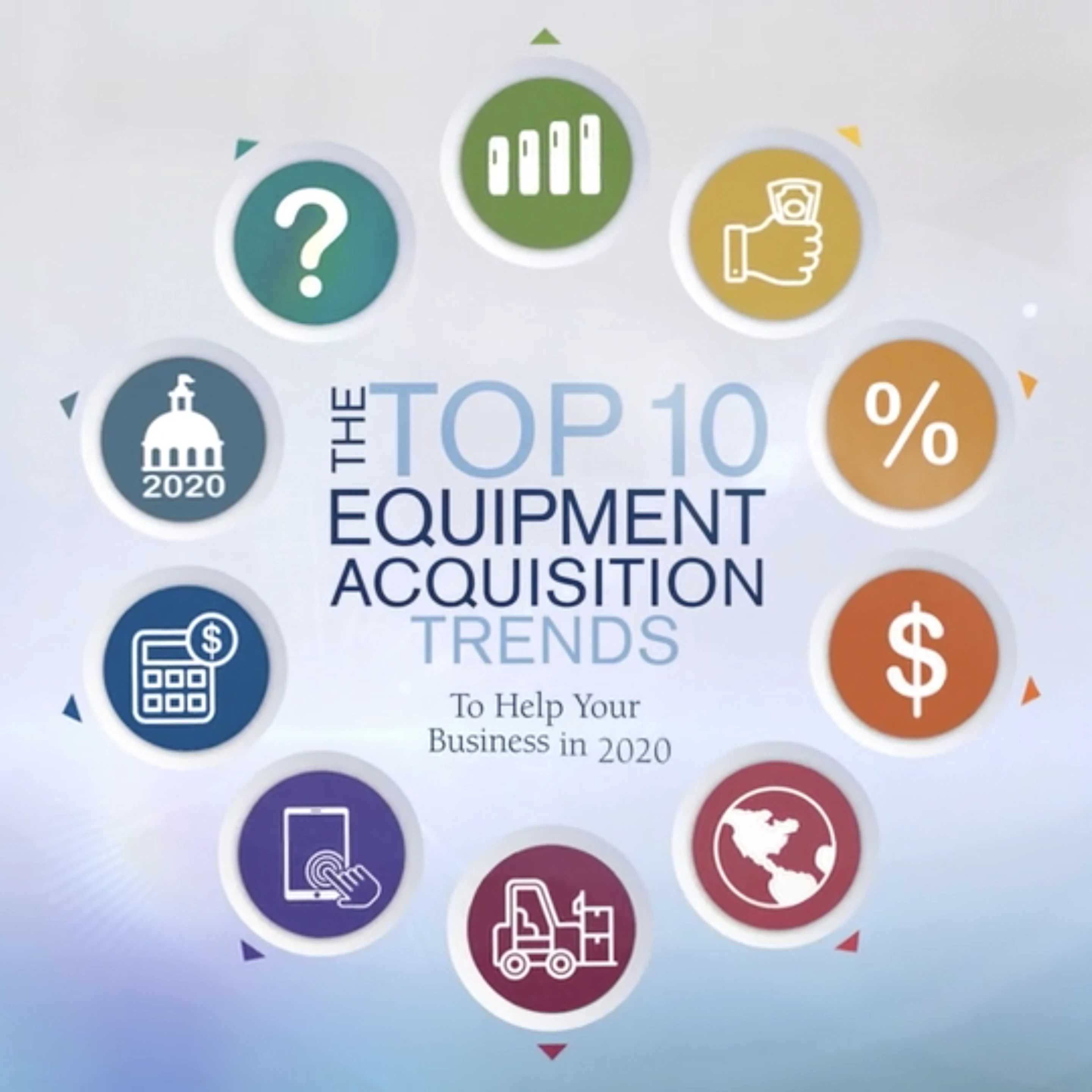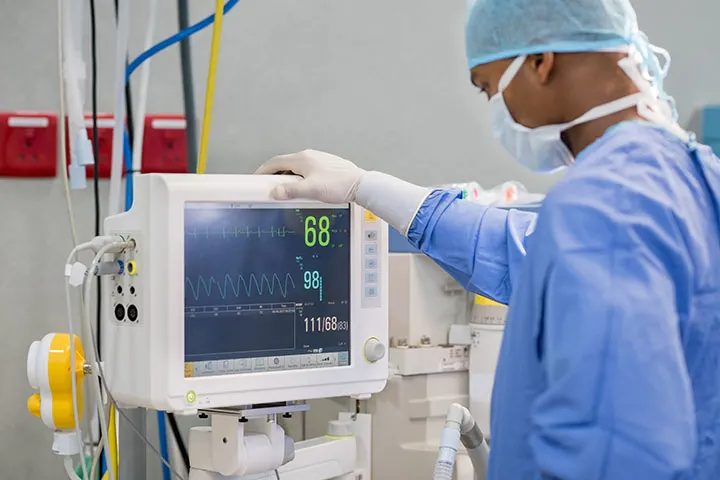5 Incredible Reasons Why Hospira Pumps are a Good Investment
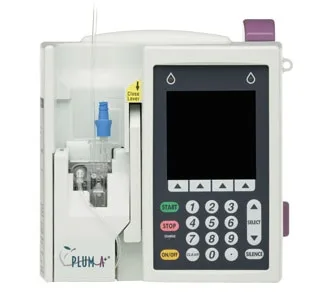
Using infusion pumps to administer fluid is much more efficient than manual administration. These pumps help deliver medications, nutrients, and other fluids in controlled amounts. They are most commonly used in hospitals, nursing homes, and a variety of clinical settings.
Typically, Hospira pumps are operated by specially trained personnel. Once trained, these personnel are able to program the pumps to administer fluids and medications at the desired rate and duration using the built-in software. These pumps have revolutionized intravenous administration of medicine. Now, more time can be spent focusing on the comfort and care of patients instead of the manual administration of IV fluids and medication.
There are two different types of IV pumps; electronic, programmable roller pumps and non-programmable constant flow pumps. Unlike roller pumps, continuous flow pumps don’t need a power source.
Read More...
